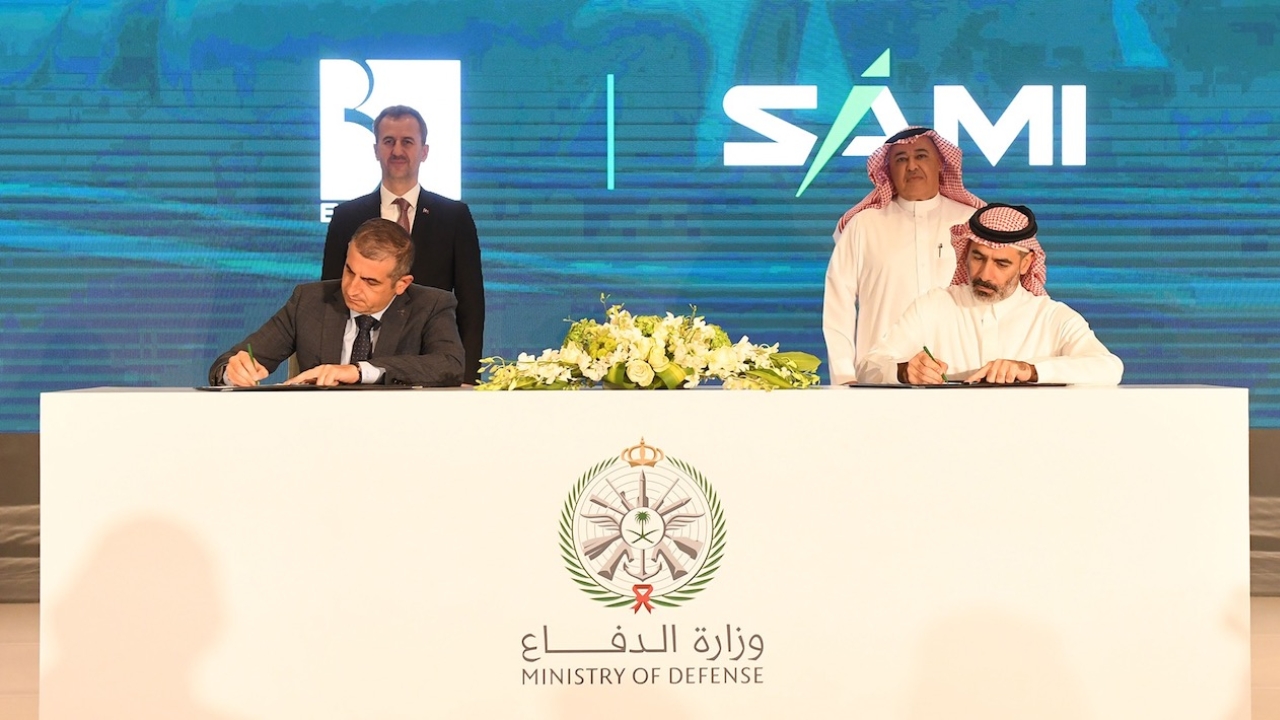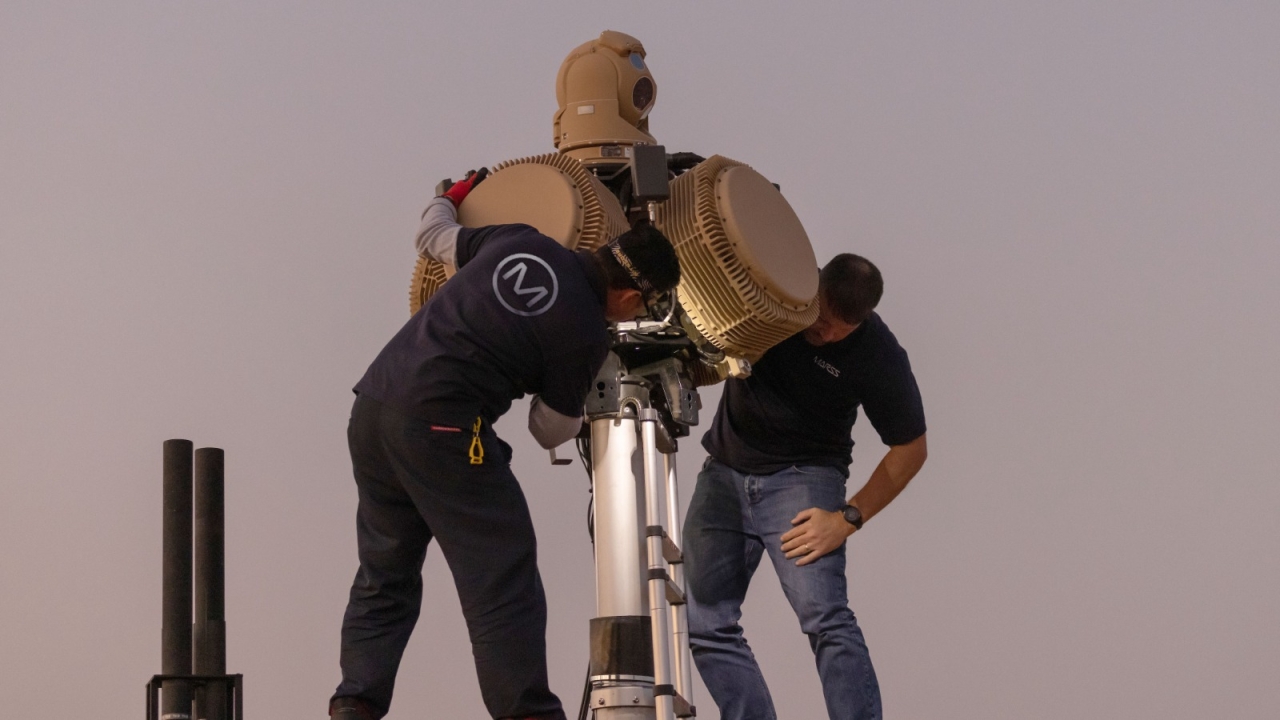Baykar Tech drone deal dents Chinese dominance
Combat air is increasingly provided by a mix of traditional manned fast jets and uncrewed platforms, and Middle Eastern air forces are starting to acquire more versatile and capable UAVs and UCAVs.

Baykar and SAMI sign a major localisation agreement in Riyadh. Picture: Baykar
On 18 July, 2023, Saudi Arabia announced an order for the Baykar Tech Bayraktar Akıncı armed unmanned aerial vehicle (UAV) during Turkish president Recep Tayyip Erdoğan's visit to the Kingdom, and Saudi Arabia and Turkey signed the estimated $3bn agreement on August 7. The Akıncı UAVs will be operated by both the Royal Saudi Air Force and Royal Saudi Navy.
Baykar CEO Haluk Bayraktar described the deal, which will include training, technical support, and logistics services as “the biggest defence and aviation export contract in the history of the Republic of Turkey”.
The agreement includes technology transfer and joint production “in order to advance the high-technology development capability of the two countries.”
Saudi Arabia hopes to achieve a 70 per cent ‘localisation rate’ on Akıncı production, including in-country manufacturing, assembly and flight testing, and with repairs and maintenance and the integration of new sensors and payloads by Saudi industry.
Three MoUs were signed on August 6 2023. Baykar signed one with Saudi Arabian Military Industries (SAMI) for local production of the medium-altitude, long-endurance Akinci platform, while Aselsan and Roketsan signed similar MoUs with the Saudi National Company for Mechanical Systems (NCMS) for local production of sensors and weapons.
The Saudi Arabian order forms part of a growing regional trend towards the acquisition of Turkish UAV systems, with Kuwait, Qatar and the United Arab Emirates, all having purchased the smaller Bayraktar TB2 platform. This seems to mark a further erosion of China’s previously dominant position in the regional UAV market, perhaps due to the unreliability of Chinese systems, poor support and the poor fidelity of their electro-optical systems.
Stay up to date
Subscribe to the free Times Aerospace newsletter and receive the latest content every week. We'll never share your email address.


